Here are 20 frequently asked questions specifically about residential escrow accounts in California:
1. What is a residential escrow account in California?
A residential escrow account in California is used to hold funds, documents, and legal instruments related to the sale or purchase of residential real estate until conditions are met.
2. Who typically manages the residential escrow account in California?
An escrow company often manages the residential escrow account, ensuring proper handling of funds, documents, and adherence to regulations.
3. What is the purpose of a residential escrow account in California?
The purpose is to provide a secure environment for parties in a residential real estate transaction to exchange funds, documents, and assets with accountability.
4. Who selects the escrow company for a residential transaction in California?
The parties involved in the residential transaction, such as buyers and sellers, typically mutually agree on the choice of the escrow company.
5. Are there specific regulations governing residential escrow accounts in California?
There are general escrow regulations that apply to residential transactions, ensuring the proper handling of funds and documents.
6. Can a party’s attorney be involved in a residential escrow process in California?
Yes, attorneys can provide legal guidance, review agreements, and ensure the transaction adheres to legal requirements.
7. What documents are required for a residential escrow account in California?
Required documents include the purchase agreement, property title, loan documents, disclosure statements, and any applicable permits.
8. Can the funds in a residential escrow account be released before the specified conditions are met in California?
Funds are generally released when all parties fulfill their obligations and conditions outlined in the agreement.
9. What happens if there are disputes over the release of funds from a residential escrow account in California?
Escrow companies often have dispute resolution procedures. If no resolution is reached, legal action might be necessary.
10. Are there specific fees associated with residential escrow accounts in California?
Escrow fees can vary based on the complexity of the residential transaction and services provided by the escrow company.
11. Can the terms of the residential escrow arrangement be negotiated in California?
Yes, parties can negotiate specific terms for the residential escrow arrangement within legal boundaries.
12. Is using an escrow company mandatory for residential transactions in California?
While not always mandatory, using an escrow company is recommended to ensure proper handling of funds, documents, and adherence to legal requirements.
13. Can a residential escrow account be used for rental transactions in California?
Residential escrow accounts are typically used for sale and purchase transactions, not rental agreements.
14. Can an out-of-state party use a California-based escrow company for a residential transaction?
Yes, parties from outside California can use a California-based escrow company, but compliance with state regulations is necessary.
15. Can the residential escrow process be expedited in California?
While timelines can be negotiated, certain factors such as document review and regulatory approvals might impact the process duration.
16. Can the residential escrow account be used for home improvement transactions in California?
Residential escrow accounts can be used for specific home improvement transactions, especially those involving financing and disbursements.
17. Can a party assign the release conditions of the residential escrow account to another party in California?
The terms of the residential escrow arrangement are typically agreed upon by all involved parties and might not be easily assignable.
18. Can the residential escrow account be used for lease-to-own transactions in California?
Residential escrow accounts can be used for lease-to-own transactions to hold funds and documents until the conditions for purchase are met.
19. Can a residential escrow account be used for property exchanges or 1031 exchanges in California?
Yes, residential escrow accounts can be used for property exchanges, ensuring conditions are met in compliance with IRS regulations.
20. What role does the escrow company play in the residential escrow process in California?
The escrow company acts as a neutral intermediary, managing the exchange of funds, documents, and assets while adhering to agreed-upon conditions.
Always collaborate with legal professionals, real estate agents, and experts familiar with California’s residential real estate practices and regulations when dealing with residential escrow accounts. Regulations can change, and specific circumstances may affect the application of these FAQs to your situation.




